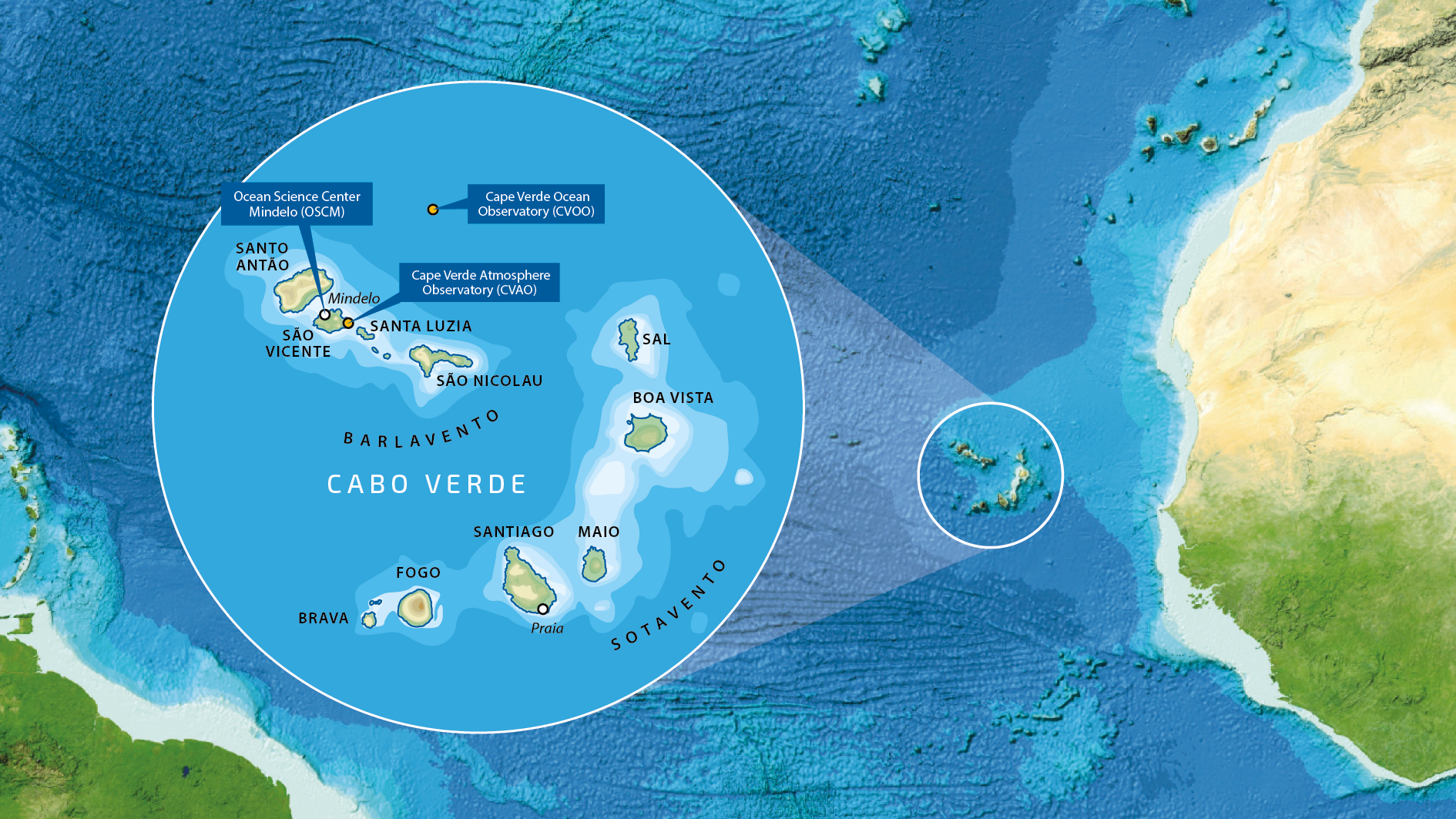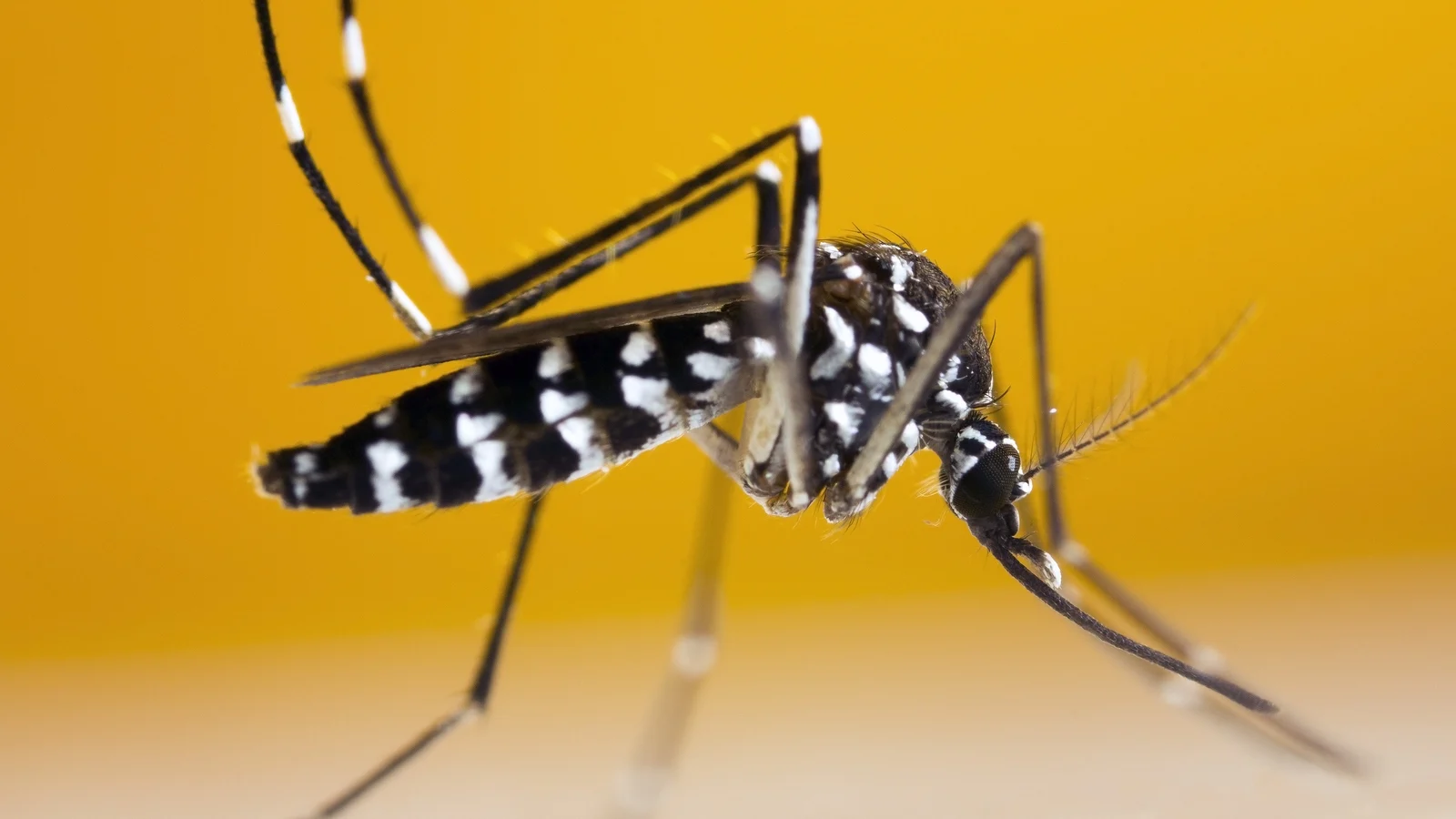Cape Verde have become the second-smallest nation to reach the World Cup

🇨🇻 Cape Verde Make History by Qualifying for Their First-Ever FIFA World Cup
Cape Verde, a small island nation in the Atlantic Ocean, has achieved a historic milestone by qualifying for the FIFA World Cup for the very first time. With a dominant 3-0 win over Eswatini in their final group match, the Blue Sharks sealed their place in the expanded 2026 World Cup, becoming only the second-smallest nation by population to ever qualify — behind Iceland.
The victory at the Estádio Nacional in Praia sent shockwaves across African football and sparked jubilant celebrations among fans, players, and officials. With a population of just under 525,000, Cape Verde’s achievement is a powerful statement of what can be accomplished with unity, vision, and determination.
🏆 The Match That Made History
Cape Verde entered the final match of their qualifying campaign knowing a win would send them to the World Cup. After a tense first half, the breakthrough came just three minutes into the second period when Dailon Livramento pounced on a loose ball inside the six-yard box.
Momentum shifted instantly, and just minutes later, Willy Semedo volleyed home Cape Verde’s second. The crowd of 15,000 at the National Stadium erupted in celebration. Veteran defender Stopira added a third goal in stoppage time, sealing the historic win and triggering emotional celebrations across the islands.
Among those in attendance was Cape Verde President José Maria Neves, who witnessed firsthand the moment his nation joined football’s biggest stage.
⚽ Rising Through the Ranks
Cape Verde’s journey to the World Cup has been years in the making. Since gaining independence from Portugal in 1975, the country has gradually built its footballing foundations. The Blue Sharks made their World Cup qualifying debut in 2002 and have grown steadily in stature, reaching the quarter-finals of the Africa Cup of Nations (Afcon) in both 2013 and 2023.
Despite being ranked 70th in the FIFA World Rankings, Cape Verde topped Group D ahead of traditional powerhouse Cameroon, who now face a difficult route through continental and intercontinental playoffs.
This World Cup qualification also marks a milestone in the new African qualifying format. With the continent now granted nine guaranteed spots in the 2026 World Cup (up from five), smaller nations like Cape Verde now have a clearer path to compete at the highest level.
🌍 A Team Built from the Diaspora
With a limited domestic league of just 12 teams, Cape Verde’s national team relies heavily on players based abroad. Many members of the squad come from the Cape Verdean diaspora in Europe — particularly Portugal, France, and the Netherlands.
One notable story is that of Roberto “Pico” Lopes, a defender for Shamrock Rovers in Ireland. Lopes was approached to join the national team via LinkedIn, and now plays a key role in Cape Verde’s backline. His story reflects the country’s innovative and inclusive approach to talent recruitment.
“My father is from São Nicolau. There’s a mass migration from Cape Verde, but we’re all over the world,” Lopes said. “It’s great what we can achieve when we’re together.”
Livramento, the team’s top scorer in qualifying, plays for Casa Pia in Portugal’s Primeira Liga. The squad does not feature any players from Europe’s top five leagues — making their qualification all the more impressive.

👔 Leadership, Stability, and Belief
Much of Cape Verde’s success is credited to head coach Bubista, who has led the team since January 2020. A former national team player himself, Bubista has built a compact, disciplined side capable of frustrating even the continent’s best.
Under his guidance, Cape Verde impressed at Afcon 2023, drawing with Egypt and defeating Ghana en route to the quarter-finals. Despite missing out on Afcon 2025 qualification, the federation chose to back Bubista — a decision that has now paid off in historic fashion.
His ability to blend foreign-based players with local talent and install a strong tactical identity has been key to their rise.
🎉 A Moment of National Pride
Football has long played second fiddle to Cape Verde’s tourism-driven economy and cultural exports, but this moment changes everything. The entire archipelago is now united in celebration as they prepare to join Morocco, Tunisia, Egypt, Algeria, and Ghana as Africa’s first confirmed representatives for the 2026 World Cup.
Cape Verde’s name will be in the draw on December 4, 2025, in Washington DC, where they will discover their group-stage opponents for the biggest football event on Earth.
As giants like Cameroon prepare for the playoffs, Cape Verdeans everywhere — at home and across the diaspora — can proudly say their team has earned a seat at the world’s top table.
📌 Quick Facts: Cape Verde’s World Cup Milestone
-
Population: ~525,000
-
World Cup Debut: 2026
-
World FIFA Ranking: 70th
-
Coach: Bubista (since 2020)
-
Top Scorer in Qualifiers: Dailon Livramento
-
Home Stadium: Estádio Nacional, Praia (Capacity: 15,000)
-
First World Cup Qualifying Attempt: 2002
-
Qualified Ahead of: Cameroon, Angola, Libya, Eswatini

💬 Final Word
Cape Verde’s journey from a small archipelago to the World Cup is a story of perseverance, unity, and passion. With a talented squad built from around the globe, a steady hand at the helm, and a nation behind them, the Blue Sharks are ready to make their mark on the world stage in 2026.
The dream is alive — and it’s only just beginning.


